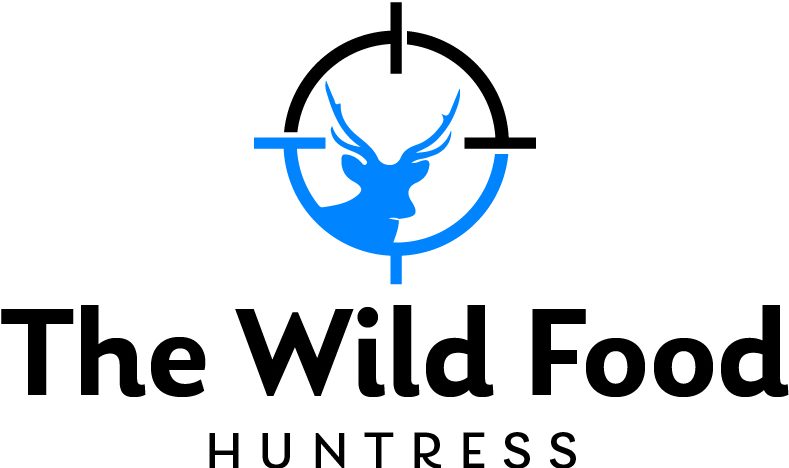Many people are following vegan and vegetarian diets. You’ve probably seen the menus of many restaurants informing you if a meal is vegetarian or vegan. But what is the difference?
The distinction is more than simply whether someone consumes cheese. We’ll go over the meaning of each word in relation to what vegetarians and vegans take part in and do and don’t consume, as well as what vegan signifies beyond eating. We’ll also define some of the related terms like plants-based, flexitarian, and pescatarian.
Summary of HTML0
The term “vegetarian” refers to a vegetarian, someone who adheres to the vegetarian diet, meaning they don’t consume meat of any type (beef or chicken, fish, etc.–no flesh from animals at all). The term vegan usually is used to describe people who don’t consume or consume any products made of animals. Vegans do not eat dairy products or meat, as well as consume any other animal-derived food items like honey. Individuals who identify as vegans generally avoid using products that are made of or derived from animals, such as things like fur, leather wool, perfumes, or cosmetics made from animal ingredients.
What does vegan mean?
The term vegan could be used as used as an adjective (as in the word “vegan” in a vegetarian food plan) or a verb (as in I’m vegan). It is generally accepted that vegetarians are those who avoid eating or using products that originate produced by animals or animals for dietary reasons, which means avoiding dairy or meat products or any other products made from animals, like honey. While some may adhere to an entirely vegetarian diet, those who are vegans typically do not consume products that are derived from animals, such as fur, leather wool, or even fur. They also stay clear of animal-derived components of products for cosmetics (such as dyes that are made from insects) as well as fragrances (such as the scent glands of animals) and many other items. Vegans generally do not like those products tested using animals. However, not all who identify themselves as vegans strictly adhere to these rules.
There are a variety of reasons an individual might choose to decide to go vegetarian. Many people opt for a vegan diet due to nutritional or health reasons; however, a lot of vegans select their food choices based on their belief in the importance of the welfare of animals. Some may be concerned regarding the contribution of animal products in causing the carbon dioxide atmospheric levels. In a lot of cases, adhering to the vegan lifestyle is an outcome of a combination of these factors or others.
What are vegans eating? What can vegans and vegetarians not eat?
The vegetarian diet is usually regarded as a plant-based diet–meaning it consists completely or mostly of food items made from plants, which includes fruits, vegetables, as well as grains. Vegan proteins include nuts, beans, legumes, seeds, and legumes.
Vegans do not consume animal products or animal-derived items, such as dairy products, meat (like cheese, milk, and butter), or eggs.
Numerous processed items can be used in the role of vegan alternatives to these products. They include vegetarian “butter” and vegan mayo (made with eggs) and dairy-free “milk” products (like almond milk, soymilk, and Oat milk) as well as products that are often described as “meat substitutes,” including tempeh, tofu, seitan, and more recently, items like the Impossible Burger.
Certain foods are considered to be non-vegan, even if they’re not dairy or meat. Honey is usually regarded as nonvegan due to the fact that it’s a product made by honeybees. Certain products are considered to be non-vegan for a variety of reasons, not just because they’re made from animal products but rather because they are processed using these products. For instance, certain sugars are deemed nonvegan because they are processed with bones from animals.
Indeed, a Vegan diet is usually linked to healthy food choices such as vegetables, but the fact that a food has been declared vegan doesn’t mean it’s healthy. Certain processed foods are vegan, such as.
What does the word “vegetarian” mean?
The term vegetarian is a possible adjective (as in the term “a vegetarian diet) or an actual noun (as I’m vegetarian). Vegetarians don’t consume meat. Certain vegetarians are also able to avoid certain items made from animals (such as leather) that require the death of an animal. However, the term vegetarian is usually linked to diet alone.
Vegans can choose to stay clear of meat for a variety of reasons, which include animal welfare as well as personal health and the environment, or the combination of these reasons and many more.
What foods do vegetarians consume? What can vegetarians and non-vegetarians avoid?
As with those who eat vegans as well, the vegetarian diet is typically plant-based. The primary distinction, in this case, is the fact that vegetarians consume non-meat animal products, particularly eggs and dairy products, that are usually utilized as the primary source of protein in addition to non-animal food sources such as legumes, beans, and nuts. They also consume seeds.
Certain foods that are considered to be non-vegetarian do not appear to be obvious. For instance, Parmesan cheese is produced by using animal tissues, also known as Rennet. Some wines and beers contain fish-derived gelatin, referred to by the name of isinglass, and a lot of desserts and sweets are made with gelatin in their natural form. It is made from animal tissue. However, not all vegetarians avoid the use of all these items.
What is the definition of a Flexitarian? What is a pescatarian?
A few people are a part of a diet that is predominantly or exclusively vegan and vegetarian. However, they might also consume certain foods that are typically not allowed in these diets. The term “flexitarian” is a reference to a person whose diet is mostly plant-based; however, they do occasionally consume fish, meat, and poultry. Pescatarians are those who follow a mostly vegetarian diet but enjoy seafood and fish in addition. (Both terms can also be used to describe these diets).


